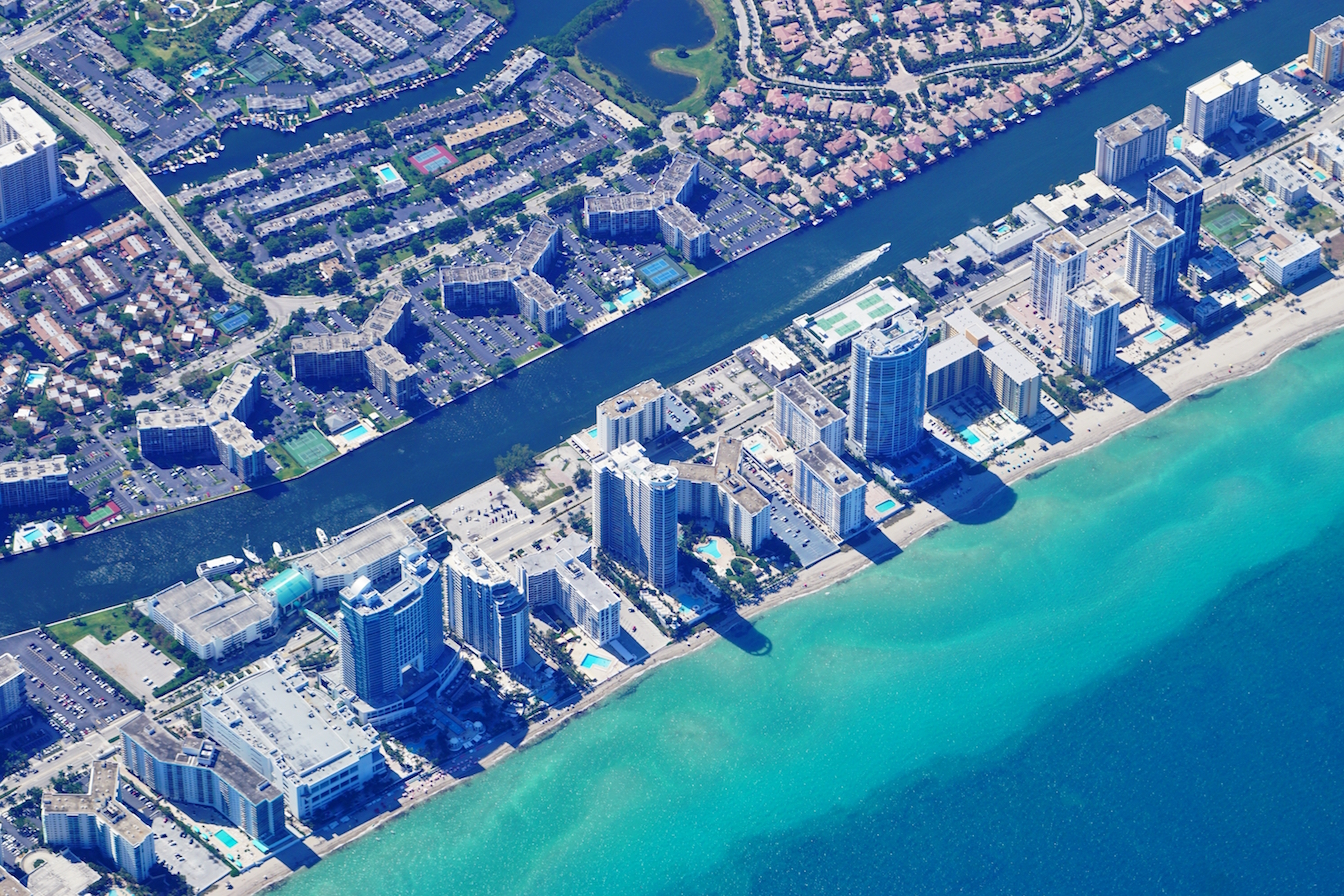
Sea level rise may cost the global economy $14 trillion per year
A study led by the UK National Oceanographic Centre (NOC) has found that flooding events could lead to dire economic consequences if global warming is not limited to two degrees Celsius. The researchers have estimated that flooding due to rising sea levels would cost the global economy up to $14 trillion every year.
The experts also established that upper-middle income countries such as China would experience the largest increase in flood-related costs, while the highest income countries would experience the least costs. This discrepancy is due to variations in protective infrastructure.
“More than 600 million people live in low-elevation coastal areas, less than 10 meters above sea level,” said study lead author Dr. Svetlana Jevrejeva. “In a warming climate, global sea level will rise due to melting of land-based glaciers and ice sheets, and from the thermal expansion of ocean waters. So, sea level rise is one of the most damaging aspects of our warming climate.”
The research team analyzed the rate and consequences of global and regional sea level rise with restricted warming of 1.5 and 2 degrees Celsius. They compared these findings to sea level projections that would result from warming beyond two degrees Celsius.
Using the Dynamic Interactive Vulnerability Assessment modeling framework, the experts also assessed the impact of sea level rise in coastal areas on each of the various income groups and on some individual countries.
“We found that with a temperature rise trajectory of 1.5°C, by 2100 the median sea level will have risen by 0.52m (1.7ft). But, if the 2°C target is missed, we will see a median sea level rise of 0.86m (2.8ft), and a worst-case rise of 1.8m (5.9ft),” said Dr. Jevrejeva.
“If warming is not mitigated and follows the RCP8.5 sea level rise projections, the global annual flood costs without adaptation will increase to $14 trillion per year for a median sea level rise of 0.86m, and up to $27 trillion per year for 1.8m. This would account for 2.8 per cent of global GDP in 2100.”
The data suggests that tropical areas will experience extreme sea levels more often than other regions.
“These extreme sea levels will have a negative effect on the economies of developing coastal nations, and the habitability of low-lying coastlines,” said Dr. Jevrejeva. “Small, low-lying island nations such as the Maldives will be very easily affected, and the pressures on their natural resources and environmental will become even greater.”
“These results place further emphasis on putting even greater efforts into mitigating rising global temperatures.”
The study is published in the journal Environmental Research Letters.
—
By Chrissy Sexton, Earth.com Staff Writer













